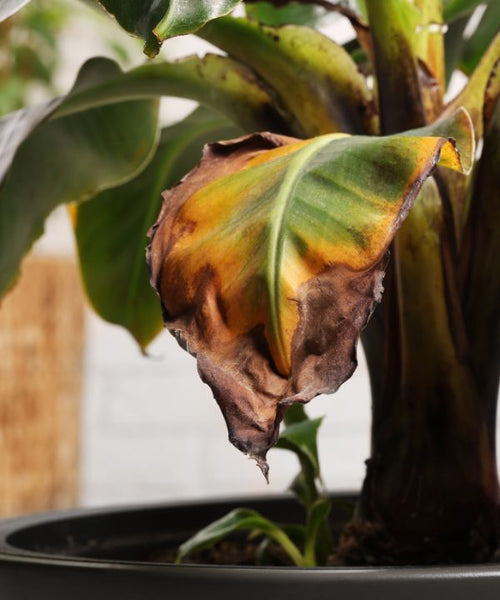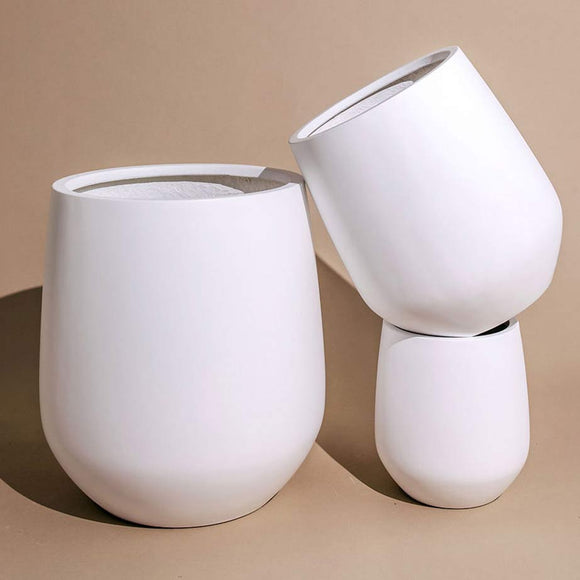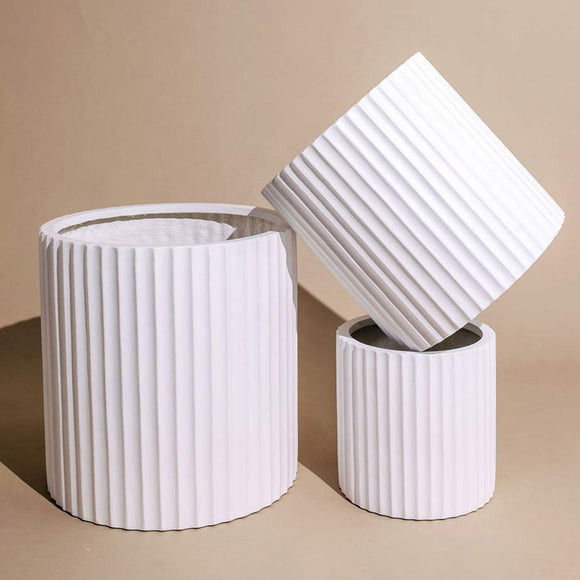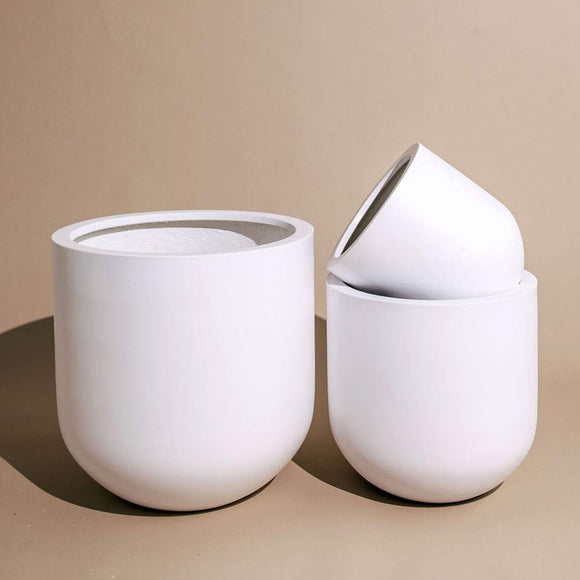Decoding Your Plant's Distress Signals
Have you ever found yourself puzzled by a drooping, wilting, or seemingly sulking plant? Fear not, for today, we're diving into the world of plant care detective work! No stethoscopes or white coats are required – grab your gardening gloves. Together, we'll decode the secret language of leaves, stems, and roots to nurse your botanical buddies back to their vibrant, green glory.

How Do I Diagnose What’s Wrong With My Plant?
First things first, becoming a plant doctor requires keen observation. Pay attention to your plant's behaviour, as it communicates its distress through various signs. Are the leaves turning yellow, wilting, or falling off? Is the soil overly damp or dry? We need to decipher these clues to ensure our green friends thrive.
What’s Wrong With My Plant?
Watering:
One of the most common issues is improper watering. Overwatering or underwatering can lead to distress signals like drooping or yellowing leaves. Adjust your watering routine based on your plant's specific needs, taking into consideration factors such as humidity, season, and soil type.
Root Rot:
Root rot is a sneaky culprit that attacks from beneath the surface. If your plant looks lacklustre and the soil smells foul, it's time to investigate the roots. Trim away any mushy, brown roots and repot your plant in fresh, well-draining soil.
Overgrown Pot:
Sometimes, your plant might feel cramped in its current pot. If the roots are circling the container or growing out of the drainage holes, it's time for a new home. Transplanting into a larger pot with fresh soil can revitalise your plant and stimulate new growth.

Light Issues:
Plants are like solar panels, soaking up sunlight to fuel their growth. If your plant stretches towards the light or develops pale leaves, it might crave more sunshine. On the flip side, scorched leaves could indicate too much direct sunlight. Adjust the positioning of your plant accordingly.
Pests and Diseases:
Keep an eye out for unwanted guests like aphids, spider mites, or fungal infections. Regularly inspect both sides of the leaves, stems, and soil for any signs of infestation. Swift action, such as using natural remedies or insecticidal soap, can save your plant from these intruders.
Shock:
Plants can experience shock when subjected to sudden changes in their environment, such as extreme temperature fluctuations or a new location. Gradual acclimatisation is key to helping your plant adapt smoothly.
Ageing:
Just like us, plants age too. If your plant has served its time and is showing signs of decline, consider letting it gracefully retire. Harvest any seeds or cuttings for future plant endeavours.
Keen to learn more? Check out this blog on the benefits of rotating your plants.
















